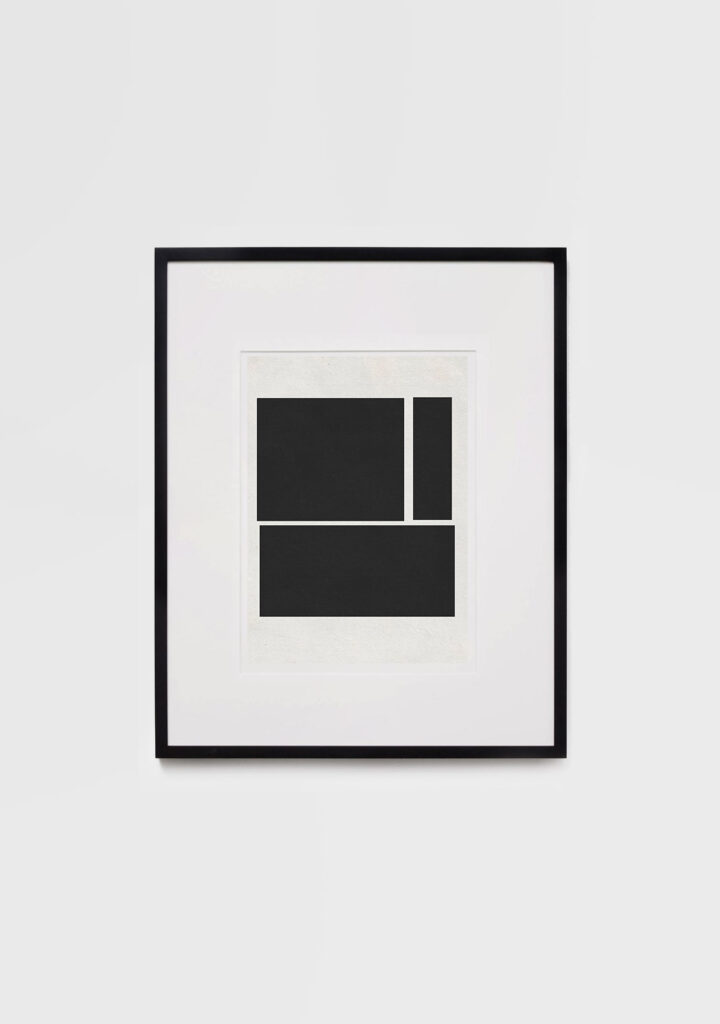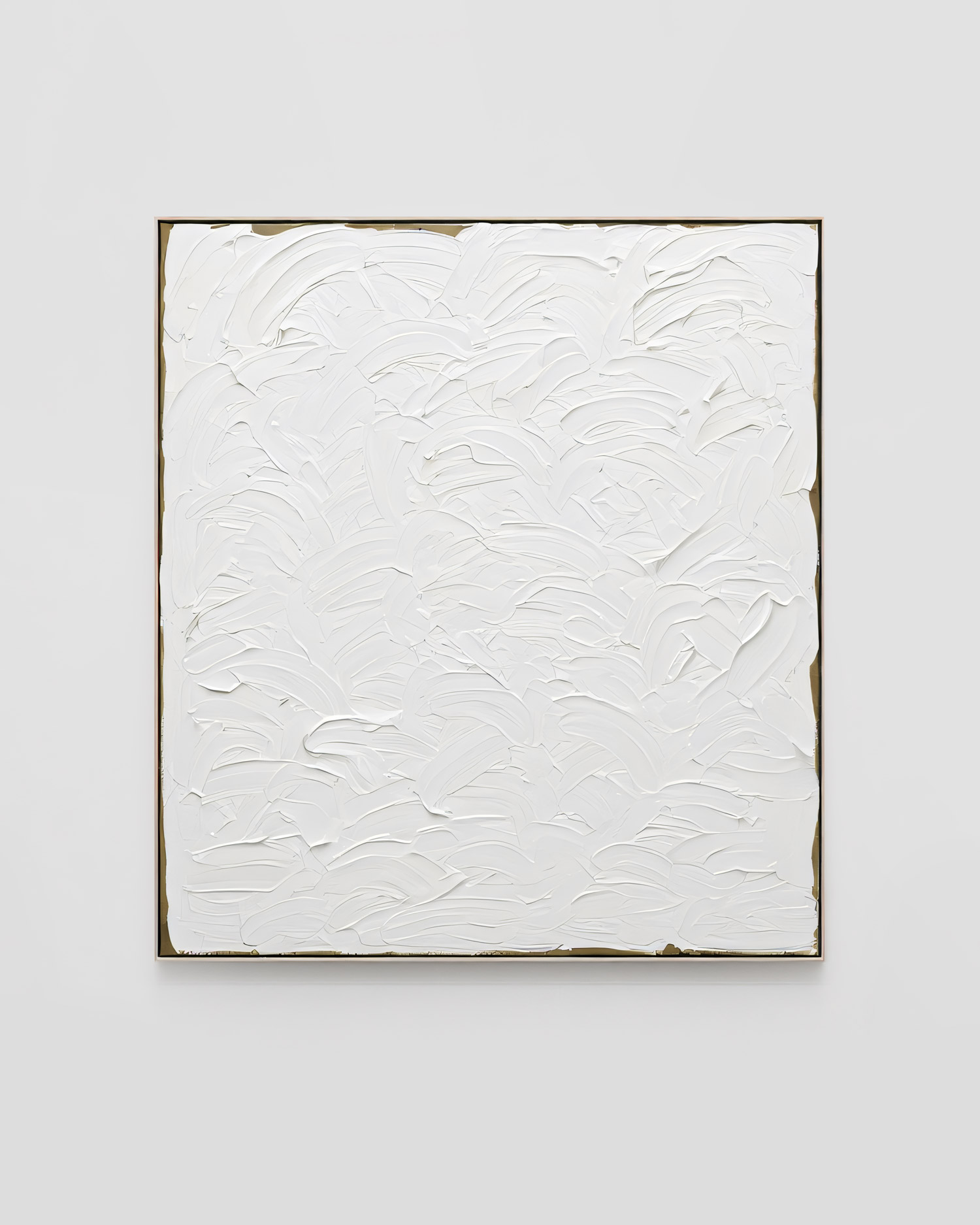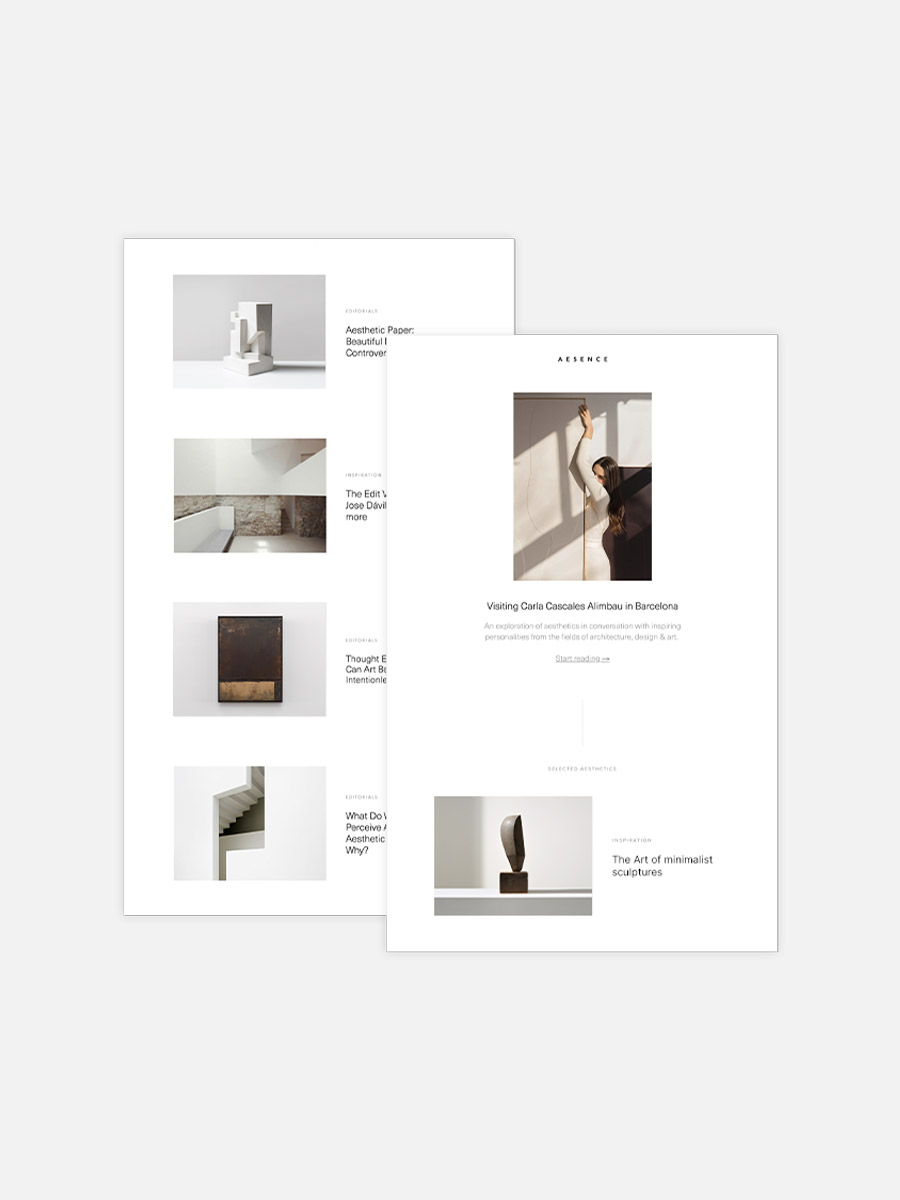Today I would like to invite you to think together about the way we perceive art: Does our appreciation or personal feeling for a work of art change when we know the story or intention of the artist? If so, why does this additional information have such an impact on our aesthetic perception? Does knowing the context distort our original, unbiased first impression? And does art always have to have a story or intention – what if it is simply beautiful? Would it then be worth less?
These questions have been on my mind for a long time. What role does an artist’s intention play in the understanding and emotional impact of their work? And how does knowing the background to a work of art change our own experience?
Of course, self-promotion and presentation are an essential part of an artist’s work and, among other things, form the essential basis for increasing the value of his or her art – that’s just how the art market works. But in today’s thought experiment, I would like to exclude this economic factor from of the discussion in order to concentrate solely on personal, subtle perception.


How do experiences influence our perception of art?
Our perception is inevitably shaped by personal experiences, world views and the information we absorb with each new encounter with art. Art rarely exists in a complete vacuum. A work can gain – or lose – resonance and depth through the story it tells.
For example, if we know that an artist struggled with mental illness, we may see his or her paintings in a very different light. Did you know, for example, that Agnes Martin suffered from schizophrenia? Does that change your view of her calm, meditative works?1
However, such information is rarely part of the first moment of encountering a work of art. Is it not precisely this unbiased first impression that is the most honest and unadulterated? What if I want to conserve this first impression, this feeling during my first viewing?
In this case, am I not experiencing art as it should be experienced? Is it wrong if art is simply beautiful? Or to look at it another way: Does the quality of art change if there is no intention or backstory? Would we as viewers feel a difference? Can art be made more beautiful retrospectively through interpretation? And to return to the original question: Does art with intention sell better? Or is it precisely the openness – the paradoxical space between the artist’s intention and the viewer’s interpretation – that gives an artwork its value?
At this point, I am interested in your opinion on this topic. What does it mean to you to experience art “purely” and without a predetermined context? I look forward to exchanges via Instagram or leave me a comment below this article!
In another essay, I delved deeper into this topic. Read more here.
Further Reading
About Exploring Aesthetics:
Sarah loves asking questions and exploring the things she engages with on a daily basis. Exploring aesthetics is her column which discusses art, design, and aesthetics to explore, inspire, and question the status quo.


